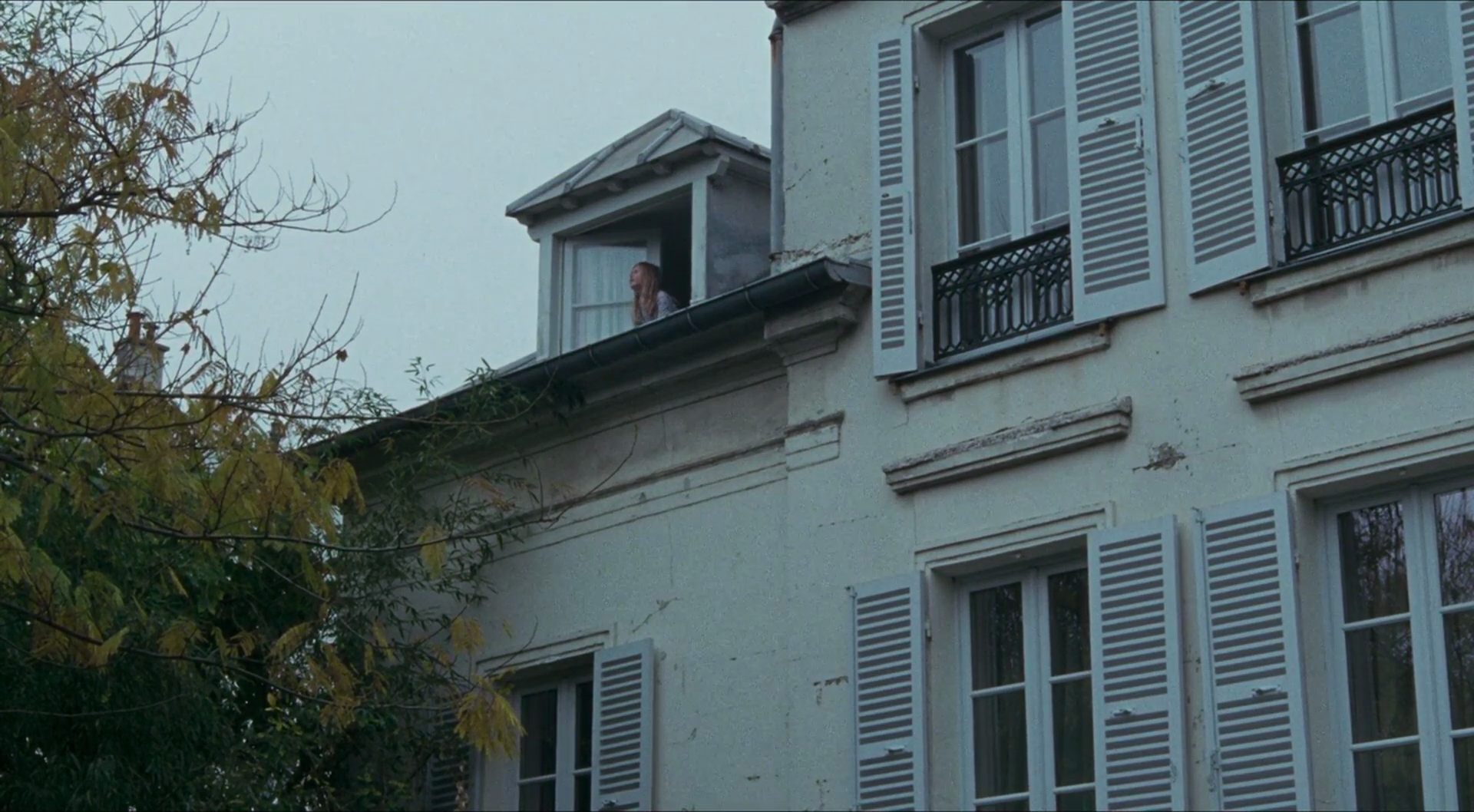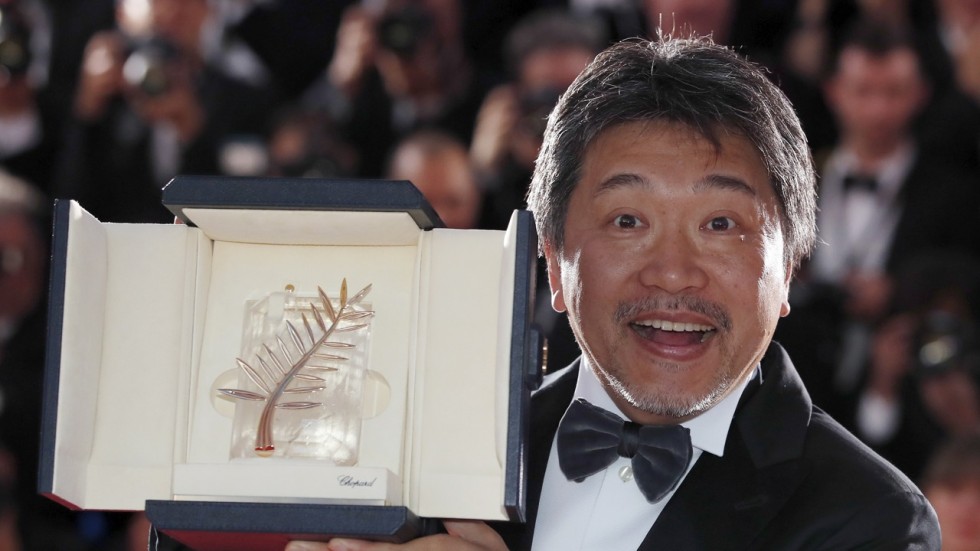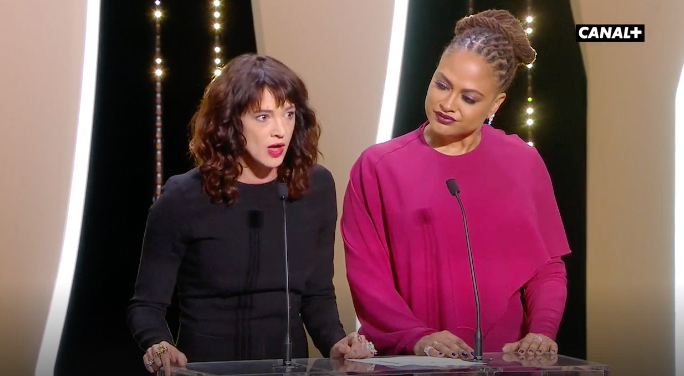"The Furniture," by Daniel Walber, is our weekly series on Production Design. You can click on the images to see them in magnified detail.
 Towards the end of Hirokazu Kore-eda’s The Truth, legendary actress Fabienne Dangeville (Catherine Deneuve) admits something quite harsh. “I prefer to have been a bad mother, a bad friend and a good actress,” she announces at dinner. Her talent and her single-mindedness have given her a lengthy career, multiple Césars, and the freedom to take liberties with her own story. Her soon-to-be-published memoir is the occasion for which her daughter, Lumir (Juliette Binoche), has come for a visit, bringing her American husband (Ethan Hawke) and their daughter, Charlotte (Clémentine Grenier). And this short trip quickly becomes a long one, once Lumir agrees to step in as her mother’s assistant on the set of a science-fiction film.
Towards the end of Hirokazu Kore-eda’s The Truth, legendary actress Fabienne Dangeville (Catherine Deneuve) admits something quite harsh. “I prefer to have been a bad mother, a bad friend and a good actress,” she announces at dinner. Her talent and her single-mindedness have given her a lengthy career, multiple Césars, and the freedom to take liberties with her own story. Her soon-to-be-published memoir is the occasion for which her daughter, Lumir (Juliette Binoche), has come for a visit, bringing her American husband (Ethan Hawke) and their daughter, Charlotte (Clémentine Grenier). And this short trip quickly becomes a long one, once Lumir agrees to step in as her mother’s assistant on the set of a science-fiction film.
Lumir’s presence becomes an opportunity to relive and relitigate family history. It’s not just that Fabienne’s memoir strays from the truth, but that their entire relationship is based on contested memories. Kore-eda suggests that it might be Fabienne’s work that has so deeply wounded her personal relationships. Has the vocation of make-believe crept into the rest of her life, encouraging her to freely reshape her own memories and ignore the truths of those closest to her? Has acting made Fabienne a forever-child?
And how on earth do you express that with production design?

Click to read more ...
 Friday, May 27, 2022 at 12:01PM
Friday, May 27, 2022 at 12:01PM  CLOSE could be a surprise Palme d'Or winner
CLOSE could be a surprise Palme d'Or winner






